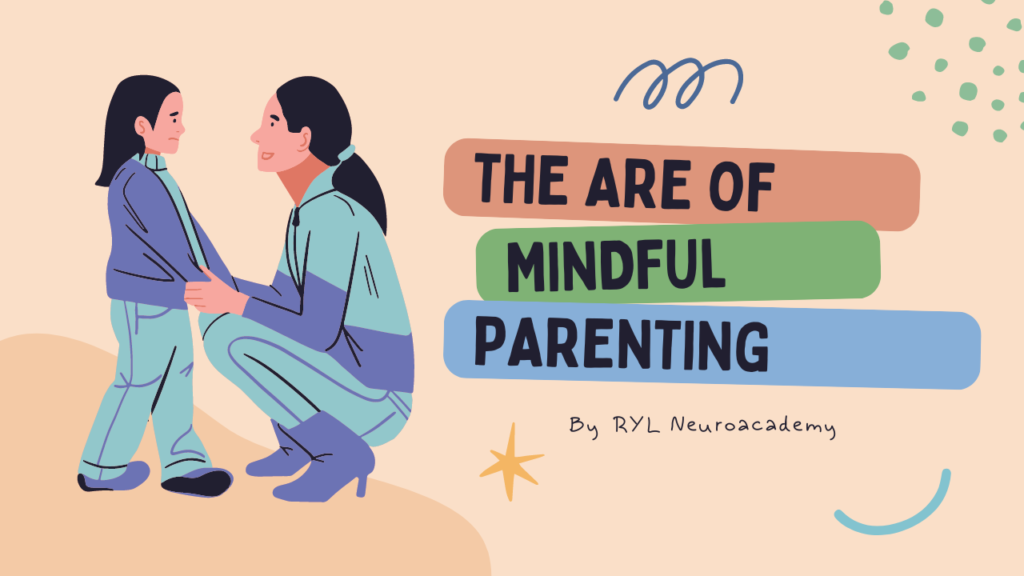Introduction
Stress is a common part of modern life, but chronic stress can take a toll on your mental and physical health. One of the most effective ways to combat stress is through regular exercise. But how does exercise reduce stress? Let’s explore the science behind this natural stress-buster.
How Exercise Helps Reduce Stress
1. Boosts Endorphin Levels (The “Feel-Good” Hormones)Exercise triggers the release of endorphins, natural chemicals that improve mood and reduce pain. These hormones are responsible for the “runner’s high,” leaving you feeling happier and more relaxed.
2. Lowers Cortisol (The Stress Hormone)Chronic stress increases cortisol levels, leading to anxiety, weight gain, and sleep disturbances. Exercise helps regulate cortisol, preventing it from rising too high and reducing stress-related symptoms.
3. Improves Sleep QualityPoor sleep worsens stress, creating a vicious cycle. Physical activity, especially in the morning or afternoon, promotes better sleep by helping regulate your body’s circadian rhythm and reducing insomnia.
4. Reduces Anxiety and DepressionStudies show that regular exercise for stress relief can be as effective as medication in reducing symptoms of mild to moderate anxiety and depression. It boosts serotonin and dopamine, neurotransmitters that enhance mood and mental well-being.
5. Acts as a Healthy DistractionExercise shifts your focus away from worries and negative thoughts. Whether it’s a gym session, a jog in the park, or a dance class, physical activity provides a mental break, reducing overthinking and stress accumulation.
6. Boosts Self-ConfidenceAchieving fitness goals, whether big or small, boosts self-esteem and confidence. Feeling strong and capable physically often translates to a more positive mindset and better stress management.
7. Encourages Social InteractionGroup workouts, sports, or fitness classes provide opportunities for social connections, reducing feelings of loneliness and isolation—two major contributors to stress.
Best Exercises to Reduce Stress
Not all workouts are equally effective for stress management.
Here are some of the best:
✅ Cardio Workouts (Running, cycling, swimming) – Boosts endorphins and improves overall mood.
✅ Yoga & Meditation – Combines movement with mindfulness to lower cortisol levels.
✅ Strength Training – Enhances resilience and reduces anxiety.
✅ Dancing – A fun and expressive way to relieve stress.
✅ Walking in Nature – Engages your senses and calms the nervous system.
How to Start an Exercise Routine for Stress Relief
1️⃣ Choose an activity you enjoy – This increases consistency.
2️⃣ Start small – Even 15-20 minutes of movement can make a difference.
3️⃣ Make it a habit – Aim for at least 150 minutes of moderate exercise per week.
4️⃣ Stay consistent – Regularity is key to reaping long-term stress relief benefits.
Final Thoughts
Exercise is a natural stress reliever that benefits both the body and mind. Whether it’s a simple walk, yoga, or an intense workout, moving your body regularly helps lower stress, boost mood, and improve overall well-being. If stress is weighing you down, get moving and let exercise work its magic!

